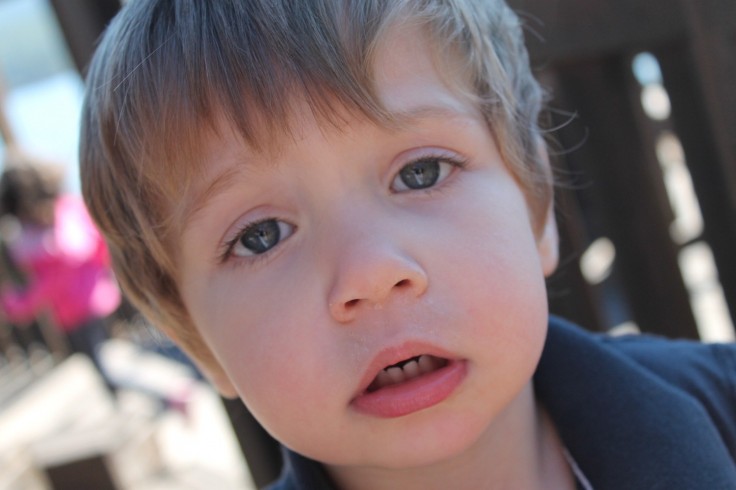
Rejection can be upsetting for young ones as the effects of it may include distrust, people-pleasing behaviors, fear of intimacy, and anxiety and depression. Such feelings may lead to ineffective coping mechanisms, attachment challenges, and an overall sense of loneliness. As a parent, watching your child experience rejection can be stressful as you only want to protect them, however, parents need to remember that it's also important to provide kids with accurate tools to handle rejection on their own.
Above all, do not underestimate or brush off your child's sadness. In fact, scientific research entitled Social Rejection Shares Somatosensory Representations with Physical Pain shows that the experience of rejection is somehow similar to that of physical pain, thus, the two both hurt so parents must be gentle but intelligent when educating kids handling rejection on their own.
Some individuals develop an established fear of rejection which is commonly the result of multiple and various traumatic experiences with rejection early in life. Thus, young ones must know how to handle things, especially rejection at an early age to avoid developing such unwanted mental illnesses. In fact, rejection has been associated with the development of depression in girls.
Comfort your child and validate their experience
Kids develop a sense of self when they feel validated and understood. Giving comfort to them also normalizes their feelings and established a "psychic muscle." Similarly, lifting heavier weights makes one stronger and helps to make things easier as one gets used to it. Therefore, kids would feel stronger and find it easier to handle things when their emotions are validated.
When children experienced rejection, they first need to feel validated before considering other alternatives. Moreover, parents need to bear in mind to avoid giving advice from their own hurt feelings as it will not be helpful at all. Also, rejection is part of life, hence, it's important for parents to help kids learn how to deal with setbacks.
Parents also need to switch gears and learn to be supportive, instead of venting their own disappointment as kids would feel worse; Rejection can be very painful as it attacks some core psychological needs at a certain developmental stage. The child can only reflect on the situation if the initial pain of rejection has already passed. Very Well Family says parents can help their children handle rejection by encouraging them to do self-reflection.
Tie kid's value to their character, not their achievements
Rejection occurs in almost everything and can also vary depending on the situation where the child is currently in. So, before parents give their heartwarming and motivating advice, they first need to know the situation as the wisdom of words depends on the situation as well. Also, parents need to make sure that their advice would hit the spot and would encourage their child.
Help kids to understand that rejection is one of the key components of the learning process and not the end of a certain journey or process. Children need to understand that rejection does mean intrinsically bad.
Child Mind Institute added that it's easy for parents to make their kids go to the best schools and attain straight A's and be stellar in the room. However, parents need to understand the entire world should see what parents see and love in their own kids. The pressure along with the rejections children might feel can send a message that self-worth is directly tied to achievement.
Related Article : Raising Mentally Strong Kids; Science Says Stop Telling Kids That All Will Be Well